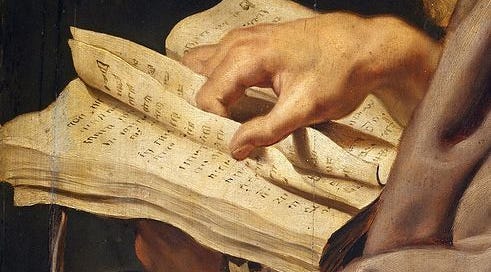In his book, The Whig Interpretation of History, author Herbert Butterfield delineates the Whig fallacy as well as the role of the historian in the evaluation of the past. The book is organised along five major themes of the Whig interpretation, and this essay will be focused on the italicised portions that follow:
the underlying assumption that we can have access to the minds of those unknown men of the past;
the historical process—whether by oversimplification or heavy dramatisation;
judgements of value which can so easily go beyond the role of the historian;
the overlooked art of the historian which often forgets creativity, and
moral judgements in history.
Throughout the book, Butterfield underscores the Whig approach to each of these themes, and he provides counterweight and alternative options. Butterfield also consistently appeals to the nature of history, and he argues that understanding it truly is integral to an appropriate interpretation of history. The thesis of the book is clear: “when we organize our general history by reference to the present [i.e., what the Whig historian does] we are producing what is really a gigantic optical illusion.”1
Real historical understanding is not achieved by the subordination of the past to the present, but rather by our making the past our present and attempting to see life with the eyes of another century than our own.
The problem of dividing history between the Progressives and the Reactionaries
Butterfield defines the Whig interpretation as that which “emphasize[s] certain principles of progress in the past [and produces] a story which is the ratification if not the glorification of the present”, as well as the “attempt…to gain from [history] a finality that it cannot give.”2 This is done in praising the revolutions which have been successful, and Butterfield utilises the Protestant Reformation as one of his primary examples.
Butterfield also asserts that the Whig interpretation distinguishes history and its figures as either for Progress or against it,3 which is one of those moral judgements that the Whig historian is all too quick to make. This leads to oversimplification, overdramatisation, and the avoidance of history’s complexities and grim realities. For example, the Reformation—though it did indeed contribute to progress and religious liberty—was catastrophic to liberty in the immediate: “the Reformation provoked a revival of religious passions, religious fanaticism and religious hatreds which were unlike the world to which things had seemed to be moving.”4
Keep reading with a 7-day free trial
Subscribe to Marvel of Marvels to keep reading this post and get 7 days of free access to the full post archives.




